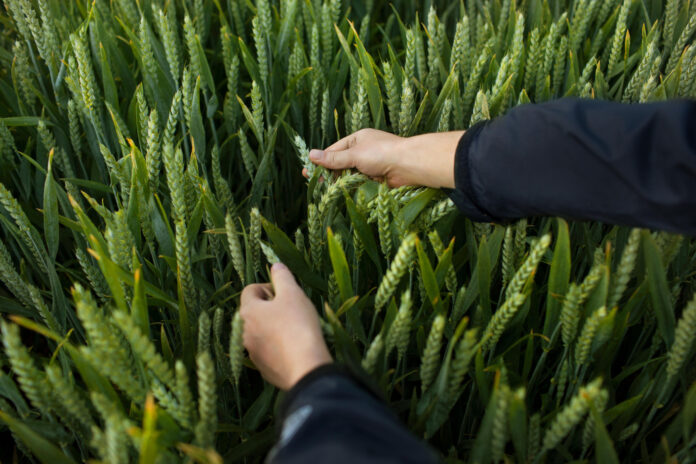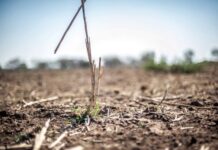
Bayer advances its blockbuster pipeline submitting registration applications for icafolin-methyl in the European Union, following completed applications in Brazil, United States and Canada, the company announced today. Icafolin is agriculture’s first new mode of action for post-emergent weed control for broadacre crops in over 30 years. With estimated peak sales potential around €750 million, Bayer expects Icafolin will be launched from 2028 onward with initial availability in Brazil. The new operating model DSO has been instrumental for advancing Icafolin regulatory submissions ahead of schedule.
Icafolin belongs to a new chemical class providing unique properties that allow for lower dose rates, more targeted applications, and is expected to demonstrate an exceptional safety and sustainability profile. In addition, Icafolin is complementary to existing herbicides, such as glyphosate, adding a novel solution in the fight against weed resistance, a top priority for farmers. Weed resistances have increased globally over the last years and are a threat to food security as resistant weeds are competing with crops on sunlight and nutrients, thus significantly reducing yield and harvest quality.
“Weeds threaten food security and farmer livelihoods, which is why investing in game-changing innovations like Icafolin is so vitally important,” said Mike Graham, Head of Research & Development for the Crop Science division of Bayer. “Access to an entirely new herbicide class that complements the existing toolbox not only helps farmers combat and prevent weed resistance, but it also helps farmers adopt and maintain no-till and reduced tillage practices that improve soil health, which is a cornerstone of regenerative agriculture.”
Icafolin has been developed for initial uses in soybean, cereals, pulses, and oil seed crops, as well as pome and stone fruits, tree nuts, grapes, and citrus. As a novel mode of action, it has unique properties and benefits. Treated weeds become “frozen” in the fields, meaning they stop competing with crops for water, nutrients and sunlight, but the dead weeds remain in the field longer because they largely maintain their structure. This creates a mulch layer that helps prevent erosion and trap moisture in the soil. By providing effective weed control it reduces the need for tillage, supporting regenerative practices in agriculture that can improve soil health.
Additionally, Icafolin’s intrinsic properties make it suitable for targeted spray applications and lower dose rates, which allowed Bayer to submit registration applications under reduced risk status. Icafolin is the first product to utilize CropKey, Bayer’s breakthrough R&D approach to developing new crop protection products, which optimized the formulation recipe by considering multiple dimensions including efficacy, safety and sustainability criteria, and farmer convenience. CropKey will continue to accelerate how researchers design instead of screen for new molecules, supporting faster development of future products targeting specific proteins in weeds, pests, and crop diseases.
“With CropKey we’re not just responding to current agricultural challenges more quickly, we’re being proactive and anticipating future needs,” said Rachel Rama, Senior Vice President and Head of Small Molecules at Bayer’s Crop Science division. “Leveraging artificial intelligence greatly accelerates our journey from concept to market, so farmers gain access to the most effective and environmentally responsible crop protection products.”
Following the first expected launch from 2028 onward in Brazil, Bayer anticipates selling Icafolin in the U.S, Canada, EU and other geographies over subsequent years.







